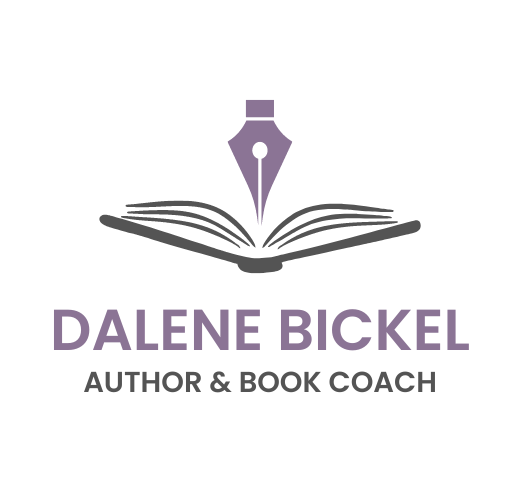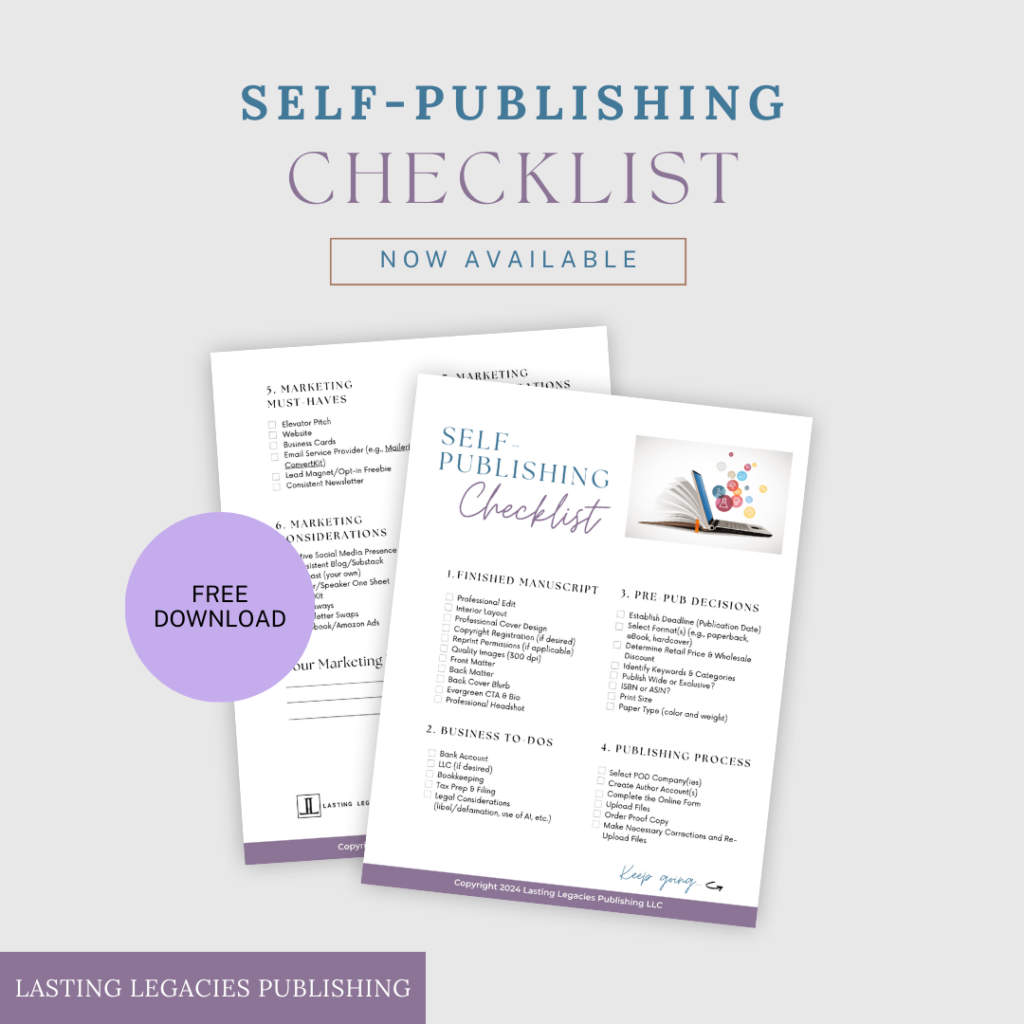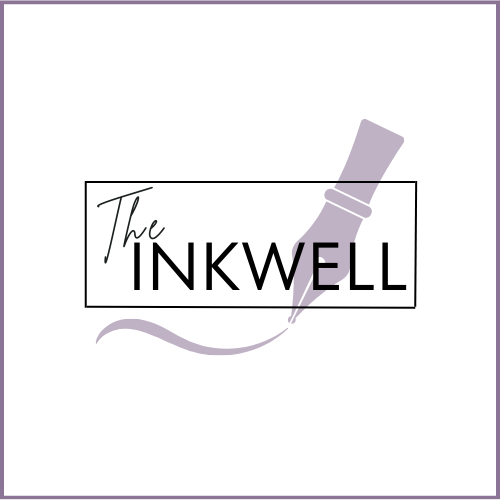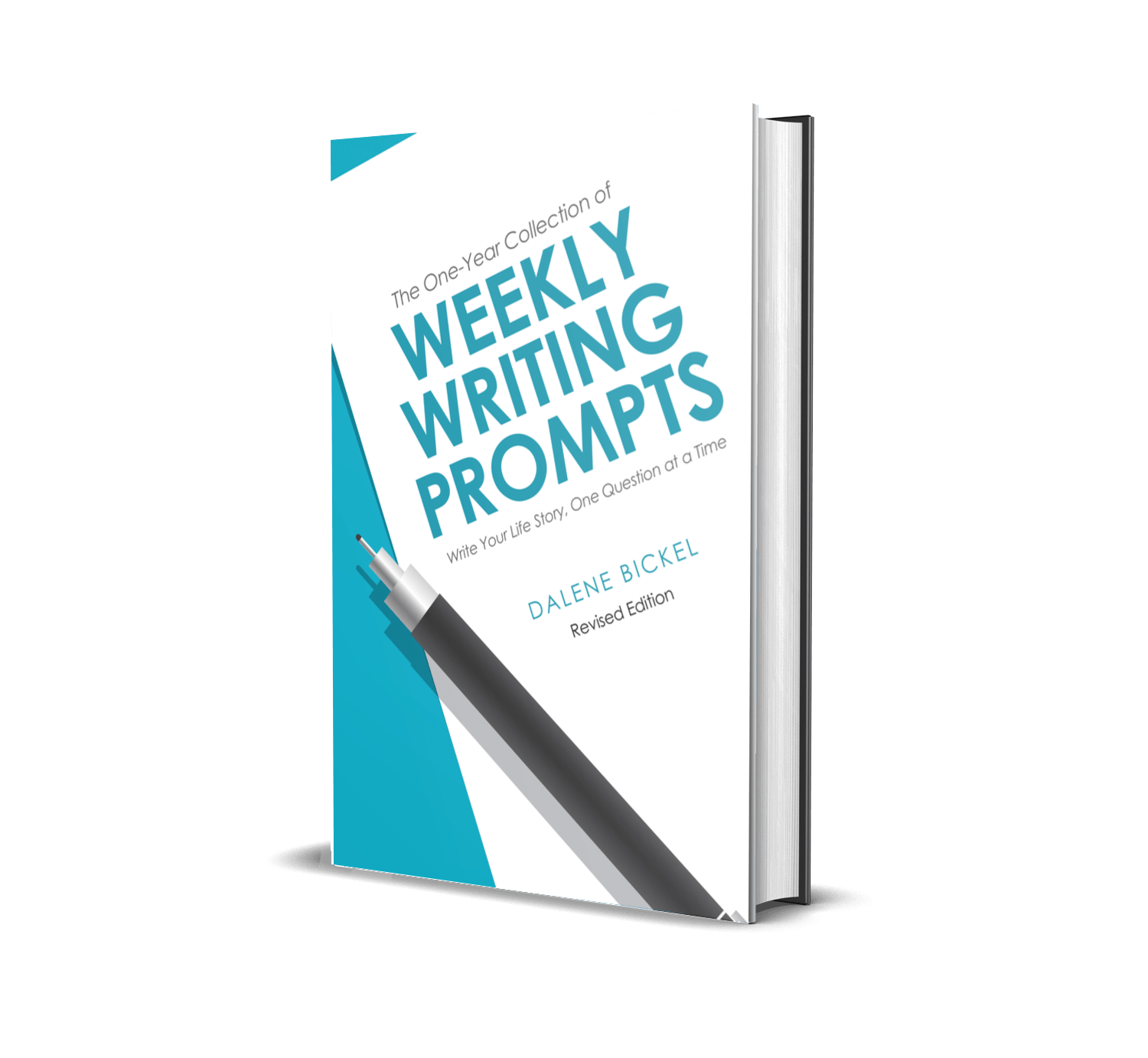Today on the Ink and Impact podcast, we’re talking about the importance of writers focusing on the right thing.
Whether you’re a first-time aspiring author or a widely recognized writer, there are a gazillion things to do when writing, publishing, and marketing your book.
But how do you know what to focus on first?
Well, it all depends
- where you are in the process,
- what your goals are for your book, and
- who your audience is.
And while that’s an honest answer, it doesn’t really clarify much, does it? It probably leaves you with more questions.
So let’s go through a couple of examples to help you get a better understanding of what I mean.
If you’re just starting to write a gardening book for children that you want to make available by spring planting time, you need to focus on 3 main things:
- creating a writing schedule that will enable you to meet your deadline,
- writing in age-appropriate language, and
- developing a marketing plan targeted toward specific places parents and grandparents would be looking to buy such a book.
If you’ve just finished your first draft of a devotional for women entrepreneurs, you’ll want to focus on
- gathering beta readers who are Christian women entrepreneurs to provide honest feedback,
- locating and hiring an editor if self-publishing OR creating a proposal to pitch to an agent if traditionally publishing, and
- planning your book launch.
Or if you’ve just sent your completed historical fiction manuscript off to the publisher/POD printer (KDP, Lulu, IngramSpark, etc.), you’ll want to focus on
- Prepping your book launch team for launch day,
- Pitching media outlets (including podcasts and bloggers) and historical organizations pertaining to your book’s era/topic,
- Finalizing your website copy, Amazon copy, author profile, and other marketing collateral.
Of course, these are just examples and high-level overviews, but hopefully it helps you understand that each phase of the author journey – writing, revising, and publishing – requires a shift in focus as far as tasks go.
And while many book coaches would end the advice there with the prioritization of to-dos based on where you’re at in the process, I want to go a bit deeper.
Since we’re Christian writers, we also need to focus on God in our work.
Recently I was reading through the book of 1 Chronicles in the Old Testament. And toward the end of that book, a couple of verses stood out to me:
1 Chronicles 28:9 (NKJV) – Know God, Serve Him with a LOYAL HEART and a WILLING MIND, Seek Him.
1 Chronicles 29:9 (NKJV) – The people rejoiced when they offered their valuable items to God WILLINGLY and with a LOYAL HEART.
Now, to put these verses in context, King David was instructing his son Solomon to know, serve, and seek God throughout his life.
And David set the example of dedicating his own special treasure of gold and silver for the building of God’s temple, which prompted the Israelites as a whole to offer their own valuable items to God.
As Christian writers, we aren’t building a literal temple to the Lord but King David’s words still apply to us today.
We know God and we desire to serve Him by writing the messages He’s given us.
But are we diligently seeking Him in our work?
- Are we writing our books willingly out of a loyal heart day in and day out, hour by hour?
- Are we rejoicing as we offer our valuable time, energy, and resources to create our books, even when challenges arise?
Or are we doing the hard things begrudgingly out of necessity?
- Complaining when things go wrong…
- Wishing we’d never started…
- Worried we won’t do it well enough…
- Angry that it’s taking longer than expected…
- Frustrated that we haven’t heard back from any of the people we’ve pitched…
Need I go on?
I’ll be the first to admit that when I’m not careful, my loyalty quickly shifts from Christ to myself and my circumstances.
Don’t focus on the negative
Perhaps you, too, originally set out on your author journey excited to heed God’s calling to share your story.
Yet you quickly found that your willing mind had been replaced with a disgruntled attitude, causing you to bemoan the time and effort required to write a book.
One of my favorite devotionals, My Utmost for His Highest by Oswald Chambers addresses this issue.
To paraphrase, Oswald says that we frequently allow our moods and undisciplined natures to dictate our actions.
Ouch. Sometimes the truth hurts! How true that is for the writing life, at least in mine!
He exhorts us to “Never submit to moods for a second. We have to take ourselves by the scruff of the neck and shake ourselves, and we will find that we can do what we said we could not. The curse with most of us is that we won’t.” [emphasis his]
——————————-
Recently I read the book, The Hiding Place by Corrie Ten Boom, which highlights the amazing things we can accomplish with God when we control our moods and allow Him to work through us.
If you’re not familiar with this book, it’s a memoir of Corrie’s Dutch Christian family’s experiences helping the Jews during WWII. The narrative is so well written that it’s as gripping as any fictional novel (kudos to the coauthors, Elizabeth and John Sherrill, who spent a significant amount of time with Corrie in order to shape her story into such a quality, compelling read).
The main character, Corrie, loves God, desires to do His will, and willingly helps others. Yet she often allows her own thoughts and actions to take center stage in her life.
Conversely, Corrie’s sister Betsie epitomizes a life lived for God with a loyal heart and a willing mind.
- She remained in God’s word daily,
- was quick to pray about all things,
- sought ways to help the less fortunate,
- loved and encouraged everyone,
- forgave her oppressors, and
- looked for the good in every situation.
What a role model!
Yet she wasn’t perfect. No one is perfect.
Her faith wasn’t something that maintained itself and came naturally – she had to consciously choose to do all those things.
Are we willing to do the same, especially when it comes to writing our books?
- Will we read God’s Word regularly and pray over every aspect of our author journey?
- Will we seek ways to assist struggling writers, whether it’s helping to fund a conference scholarship or simply encouraging a fellow writer?
- Will we genuinely cheer on and support writers who are achieving success with their books, even if we’re stuck in a rut?
- Will we forgive those who have offended us, whether it’s a family member who belittles our writing, a reader who leaves a critical review, or a desperate aspiring author who plagiarizes our work?
- Will we actively seek to see the good in challenging situations such as when independent contractors don’t uphold their end of the agreement or your books don’t arrive in time for the launch party because of weather delays (this happened to me and one of my clients, BTW)?
I don’t think these are things we would do naturally.
But the good news is that the Spirit is at work in us, enabling us to see when our focus has shifted to ourselves.
At those moments of clarity, we can choose to restore our attention on God and receive His grace to complete the tasks at hand.
Industry Update
According to research conducted by WordsRated.com Bestselling books have never been shorter [Study of 3,444 NYT bestselling titles].
They found that
- the average length of the NYT bestsellers decreased by 51.5 pages from 2011 to 2021
- Since 2016, short books (under 400 pages) have been on the list 1.9 weeks longer than long books (over 400 pages).
- People read longer books during winter (Oct-March)
This led me to wonder – as an author, which type do you write? Have you ever considered whether your readers prefer longer or shorter books?
Send me an email to info@inkandimpact.com by June 30, 2022 and I’ll share your responses on a future episode!
Tune In Next Week…
Next week I’m excited to share my interview with Melanie Redd, author of the new book, Just Rest: A 90-Day Devotional Journal. As we discussed on this episode, there are seemingly a million things we need to do to complete our book.
But Melanie will share why it’s also important to take time to rest and offers several ways for how authors can rest. So if you want to avoid feeling stressed and frazzled, don’t miss this conversation!
Be sure to go to InkandImpact.com where you can subscribe to be notified when the next episode airs, view full show notes with links, and listen to past episodes.
If you’re already a subscriber, thank you! Please do me a favor and share this episode with a fellow writer!
That’s it for today, fellow pen-pusher.
Remember: don’t just write a book. Make an impact!






